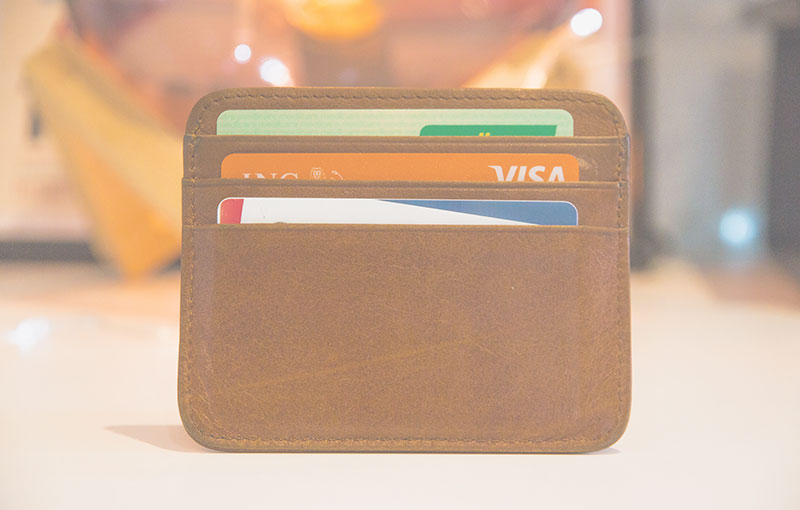A credit card is a powerful financial tool, provided it is used well. It is a valuable means to build credit and pay for expenses, even when you fall short of cash. But at the same time, reckless use of your credit cards can land you in serious trouble and cause significant damage to your personal finances. Therefore, it’s important to use your credit card the right way. This will help you steer clear of debt and prevent your credit score from falling. In order to use your credit card wisely, here are the 7 most common mistakes you should avoid.
- Maxing out on your card. This is one of the most common mistakes made by newbie credit card users. When you use most or all of your available credit, your credit utilization rate increases. This greatly impact on your credit score. It’s good to aim for a credit utilization score of 30% or lower.
- Making just the minimum payments. Credit card companies allow you to make minimum payments every month in order to make it easier for you to pay. But this is not a good idea because your balance continues to accumulate, racking up interest charges with it. This is a very common mistake that often lands credit card users in serious debt.
- Missing payments or paying late. It is important not to miss the payment due date. Be sure to make your monthly payments on time. A late or missed payment can pull down your credit score fast. If your payment is late by more than 30 days the points can drop even further and the interest rate on your card could go up. To avoid this mistake, set up payment reminders or opt for automatic payments.
- Overusing cash advances is another common mistake that lands credit card holders in trouble. Your credit card comes with the option to get a cash advance. Taking out cash advances frequently is very risky for your financial health. As soon as you withdraw cash from your card, interest starts accruing. Besides paying interest, you are also usually charged a 5% fee on the amount you withdraw.
- Purchasing more than you can afford. No doubt a credit card is convenient and useful. But if you have a hard time sticking to your budget or tend to overspend, it’s best not to use one. Instead, a prepaid debit card may be a better option for you. Alternatively, you can get a secured credit card or one with a low APR and a low credit limit. This can help restrict spending and ensure you don’t spend any more than you can afford.
- Ignoring your bill statement. Your credit card statement may contain important notifications about changes in the terms. It also alerts you of any fraudulent activity in your account. Be sure to always read your statements and verify if the charges applied are accurate.
- Applying for credit cards too often. Each time you apply for a credit card you risk knocking off points from your credit score. Every new inquiry appears on your credit report. So if you apply for multiple credit cards within a short span of time, lenders become suspicious of your applications. This can lead to more denials.
Credit cards are not all bad. Many cards offer valuable benefits and rewards to customers. So it’s important to know everything about your credit card and the mistakes you should avoid making while using it. With the right credit card and responsible credit habits you can not only put your card to the best use, but also build a solid credit history.

